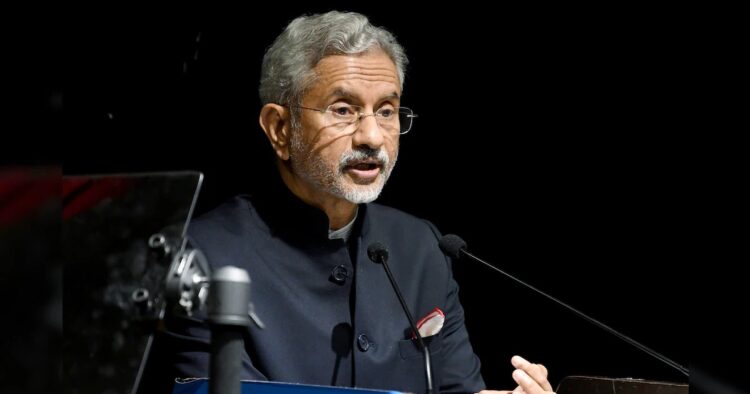During the News 18 Rising Bharat Summit 2024, External Affairs Minister S Jaishankar emphasized the increasing national pride and the evolving significance of foreign policy in Bharatiya politics. He noted a shift over the last five years, where foreign policy has become a determining factor for voters.
Jaishankar highlighted the rising sense of pride among citizens, attributing it to the fulfillment of basic needs such as water, electricity, and healthcare. He expressed confidence in the government’s ability to provide these necessities, stating that this assurance has shaped public sentiment positively.
In his address, Jaishankar emphasized the efficacy of Prime Minister Narendra Modi’s policies, asserting that the ‘Modi ki guarantee’ extends beyond domestic issues to include maintaining reasonable petrol prices despite political pressures.
The minister underscored the growing interconnectedness between international affairs and individual livelihoods. He pointed out how events abroad, such as work opportunities and tourism, can directly impact the lives of people in Bharat.
Jaishankar also discussed the significance of India’s role in international forums like the G20 Summit. He noted how even in small towns, there was a sense of ownership and connection to such global events, highlighting the country’s increasing global engagement.
Addressing the impact of the COVID-19 pandemic on India’s global relations, Jaishankar mentioned the country’s provision of vaccines to other nations and the receipt of crucial oxygen supplies. He emphasized how these interactions heightened awareness and reinforced ties with the international community.
Responding to criticism of the Citizenship Amendment Act (CAA) from Western countries, Jaishankar defended it as a corrective measure in India’s history. He argued that it aimed to rectify past injustices, particularly towards those affected by the partition, by granting citizenship to stateless individuals.
Jaishankar advocated for a critical examination of past policies, urging people to reassess historical narratives with an open mind. He suggested that Bharat’s foreign policy had previously been influenced by a narrow ideological perspective, which hindered objective analysis.
Regarding the Bharatiya Janata Party’s (BJP) stance on Southern Bharat, Jaishankar noted a shifting political landscape in the region. He suggested that the benefits of effective governance were becoming increasingly apparent to voters, indicating a potential change in political opinion.
In conclusion, Jaishankar’s remarks at the summit shed light on the evolving role of foreign policy in Bharatiya politics and the government’s efforts to assert Bharat’s position on the global stage while addressing domestic concerns.
















Comments